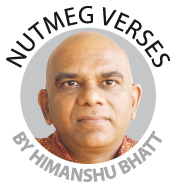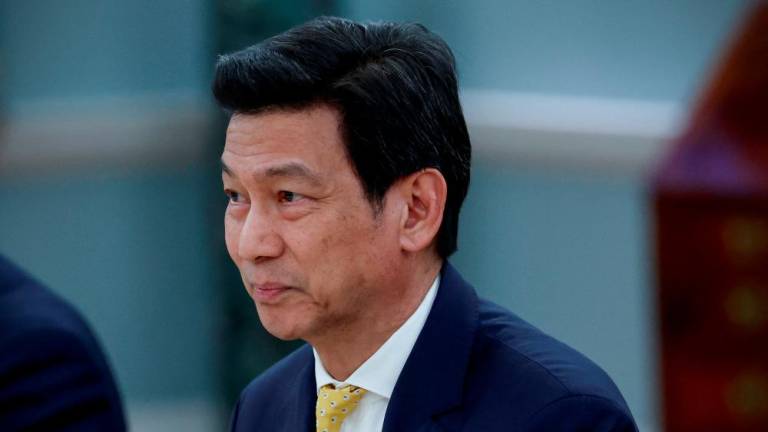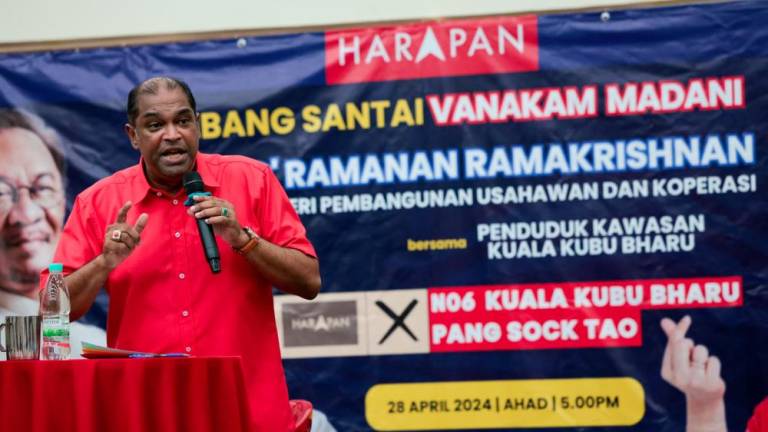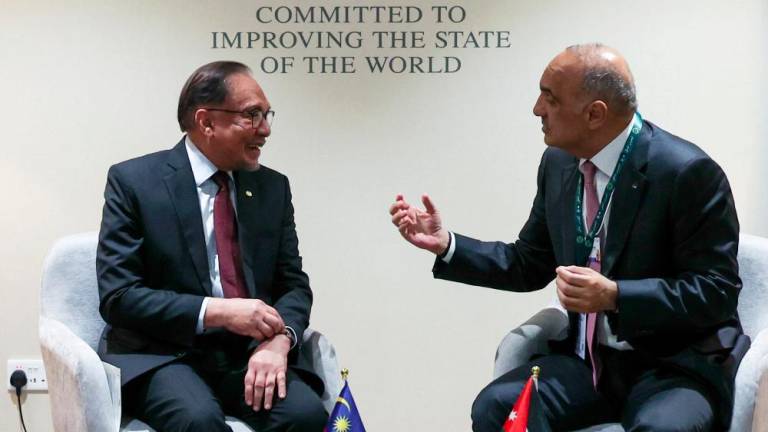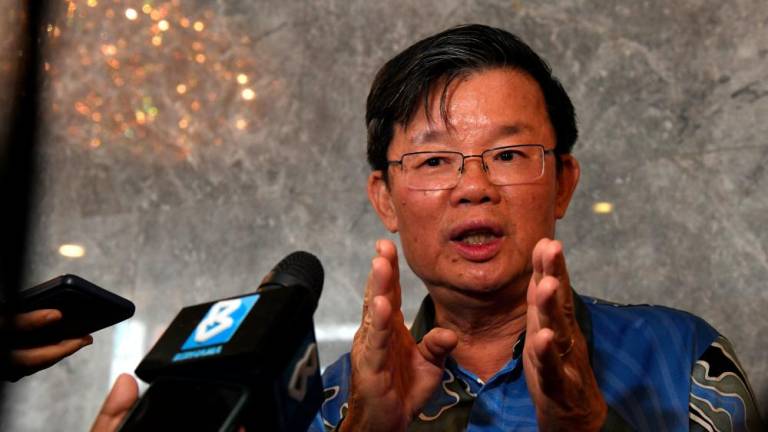In April, the federal government’s Cultural Economy Development Agency (Cendana) issued a special assurance of support for Malaysian artistes and arts organisations, who were floundering amid the Covid-19 crisis.
It announced a new “Create Now” funding programme, to cultivate and support artistic development and presentation of ideas “in imaginative ways” despite the limitations on resources.
The scheme involved response grants of up to RM1,500 per individual artiste/cultural worker and RM3,500 per collective/arts organisation.
According to the agency, these were intended to provide an opportunity to “adapt arts practice, explore new ways of working and experiment with new forms/ideas”.
Perhaps the key references in the agency’s announcement were the phrases “imaginative”, “new ways” and “experiment”.
At no time has the performing arts fraternity been compelled to use extraordinary means in their craft in order to survive as during the current period.
With the public afraid to join crowds in enclosed areas and government restrictions keeping venues closed, a variety of entertainers and artistes have been left groping to not only earn their normal incomes but also be able to just conduct their shows.
However, the situation is such that it is bound to spur them to confront the new hurdles they have come to face.
Their only recourse is to propel and heighten their creativity further.
Instead of performing or exhibiting for live audiences, many individuals and groups have resorted to live-streaming their works and uploading their recordings or files on the internet.
But with an increasing number of people posting blogs and videos of their initiatives online, the cyberspace is getting flooded with amateurs and professionals broadcasting from their homes.
After some time the novelty has to begin wearing off.
The upshot of this is that artistes need to produce performances of unusually high quality to attract viewers and also maintain their attention.
Online audiences have a virtually endless choice of items from around the world they can opt to watch and it is very easy for them to be distracted to switch over.
“Last time our competition was local, but now it is global. You have to be creative about it,” says arts activist Paul Augustin, who is the co-founder and director of the acclaimed Penang House of Music.
“Why should I watch you when I can watch Katy Perry or Paul McCartney?” he quips to make a vital point.
There are many advantages here. If an online display is done properly, the average Malaysian artiste stands to tap a bigger audience than what he experiences via his normal shows in a physical gallery.
“Social media provides a potentially vast market. Although it may be tougher and much more competitive,” says Augustin.
There are many ways in which artistes like painters, actors, poets and dancers can imbue their works with creative and captivating flavours. The issue is really about how you present your art.
Instead of just performing in a regular manner, they can for instance get more enticingly personal by discussing and explaining their ideas or inspirations.
Additionally, social media not only offers wider exposure for the artiste, but it also gives a more enduring platform to showcase one’s creative output.
This is unlike a real show which may last for a few nights or a week and be seen by a limited local audience.
Interestingly, the YouTube channel of the now defunct Penang Island Jazz Festival, which Augustin helmed for more than 10 years, has actually seen its viewership increase rapidly over the last two months during the lockdown.
There are also opportunities to monetise on one’s success in adapting well to the online arena.
Performers can get paid by certain video sharing companies if they achieve a high volume of views.
They are also able to solicit for donation and even charge online audiences if they become popular enough.
Augustin remains sanguine about Malaysian artistes’ ability to rise to the challenge brought by the pandemic.
“There will be changes throughout the nation. But the arts will always be there. People will always need an outlet,” he says.
“Musicians and other performance artistes will have to adapt to it. They will find a way to adapt to it.”
Himanshu is a veteran journalist and theatre practitioner. Comments: letters@thesundaily.com



